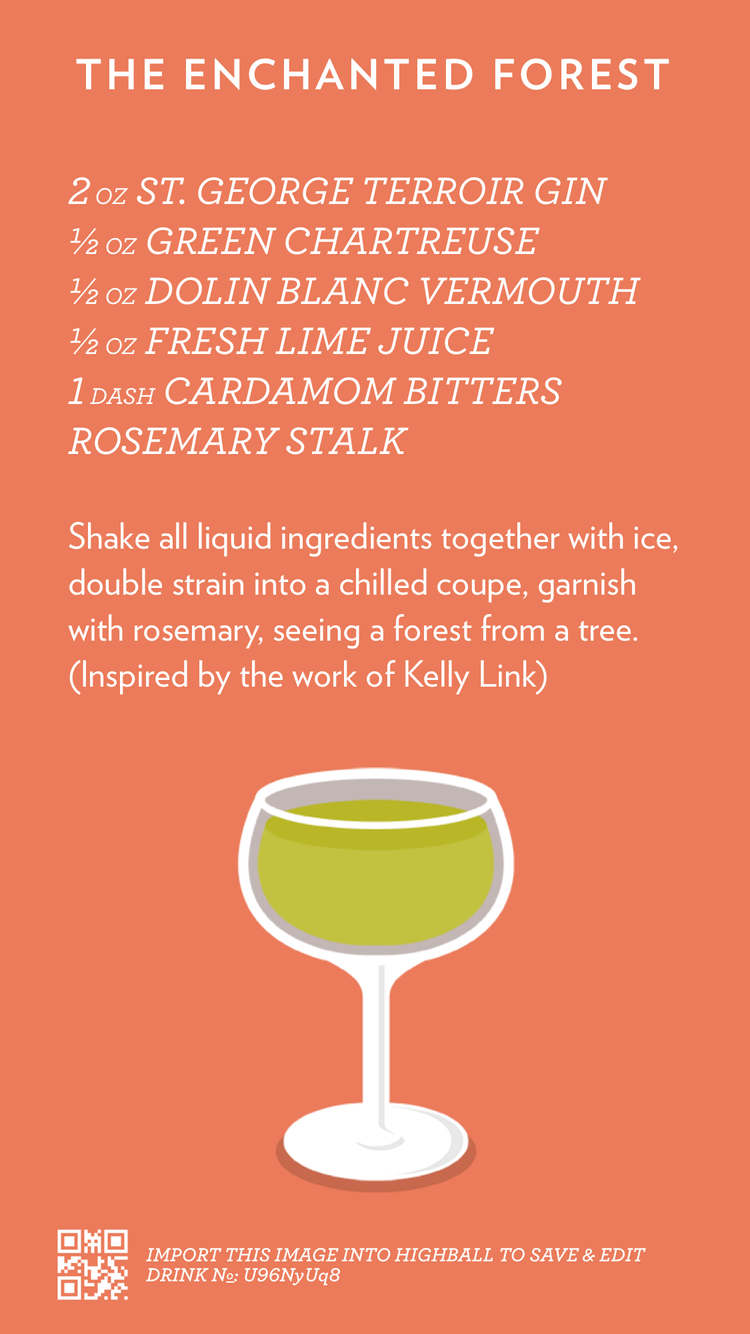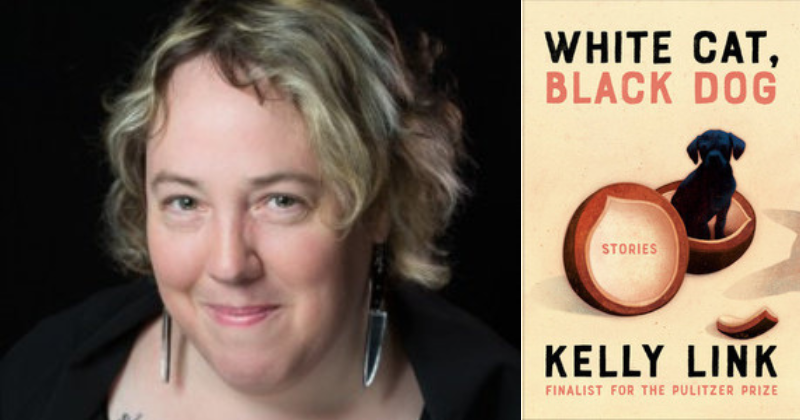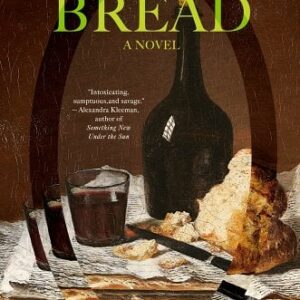Kelly Link on Short Stories Cannibalizing Her Novel Ideas
In Conversation with Christopher Hermelin on So Many Damn Books
In this episode: The one and only Kelly Link zooms into the Damn Library hypserspace to talk about her spectacular new collection, White Cat, Black Dog. She gets into how the new collection got its footing in fairy tales, how she loves ghost stories but has never seen a ghost (and that’s okay), and discusses the magic of David Macaulay’s Motel of the Mysteries. She brought along Megan Giddings’ incredible The Women Could Fly, and we discuss how real its magic feels, and how books get tied to the place you read them.
Subscribe and download the episode, wherever you get your podcasts!
What’d you buy?
Kelly: American War by Omar El Akkad, Venco by Cherie Demaline, Go Back at Once by Robert Aikman, How to Sell a Haunted House by Grady Hendrix, Nature Stands Aside by Rosamund Purcell, The Tarot of Leonora Carrington text by Tere Arcq, Susan Aberth, Harold Gabriel Weisz Carrington, Goodnight Little Bookstore by Amy Cherrix, Dungeon by Joann Sfar and Lewis Trondheim
Christopher: Y/N by Esther Yi, The Visitors by Jessi Jezewska Stevens
*
Recommendations:
Kelly: Our Share of Night by Mariana Enríquez, and the rest of her work, and 30 Coins (HBO Max), Plagues and Pencils by Edward Carey
Christopher: Chameleon: Dr. Dante (podcast)
*
From the episode:
Christopher: There are these nested stories, like stories within stories here. And sometimes those stories feel like they could be drawn out and pulled like taffy and made into a short story of its own. But it’s subsumed into another story, and it just feels like there must be something mechanical behind this, in some way that you’re thinking about, like maybe a grander short story philosophy that you’re playing with, of like what a short story can contain.
Kelly: When I was in college, I went to Columbia in New York, which you have the Common Core. You take a literature course, a music course, all of that, and my big take away was reading Boccaccio, The Decameron, which I absolutely loved. I thought it was just incredible. And one of the things that, if you’re a writer, you take away from The Decameron is, people are storytelling creatures. You begin the story and somebody else will respond, it’s a call and response thing. If you tell a story to a friend, they will often tell you a story back from their own life. It feels kind of natural and human to give characters that space to tell each other stories.
It is absolutely true that I have a lot of ideas for stories that, as I’m writing a particular story, the story that I’m writing will more or less eat the stories that I think that I’m going to go out and write later on, that it will just sort of consume them. And you know, those stories will shrink down and become something that one character tells or they will become a piece of the larger story in some other way.
The last story in the collection, “Skinder’s Vale” has a lot of stories built into the the main story. One of those was actually the starting place, a story about a woman who goes back to her childhood home and encounters a ghost in a swimming pool. And for years I thought, I’m going to write this story, and instead “Skinder’s Vale” ate it. And I guess I’m okay with that.
Christopher: That makes me wonder about your novel writing process then. As you took breaks from your novel, did you find your short stories cannibalizing novel ideas?
Kelly: I think that the short stories functioned as a kind of reminder that things came to ends, that even because the novel is here, the novel is around 215,000 words. That’s a monster. And it has a lot of points of view. It has a very complicated plot structure and, because it was so long, there are so many points of view, it felt much more (this is gonna sound strange) restrained than the short stories did, because I didn’t have as much space to do unexpected things. That’s going to sound weird to say that in a 215,000 word novel I didn’t have space to do weird things, and I did have some space, but I felt much more freedom in the short stories to make unexpected moves.
Christopher: That makes sense to me, just because there’s that sort of reader compact with a novel that you’re going to stay in that world with them and not going to change the rules three quarters of the way through.
Kelly: Absolutely. Yeah. You know, there are things that I really wanted to get away with in the novel that hopefully I got away with. But they’re not the kinds of things that I feel like I can do in a short story and trust that the reader is going to be willing to go along with me.
And honestly, I was so beat down by the novel that I didn’t really have the mental capacity to do some of the things that I could in a short story. Short stories basically feel, in a good way, like they have much less gravity. You know, you can sort of float off for a minute or two.





















